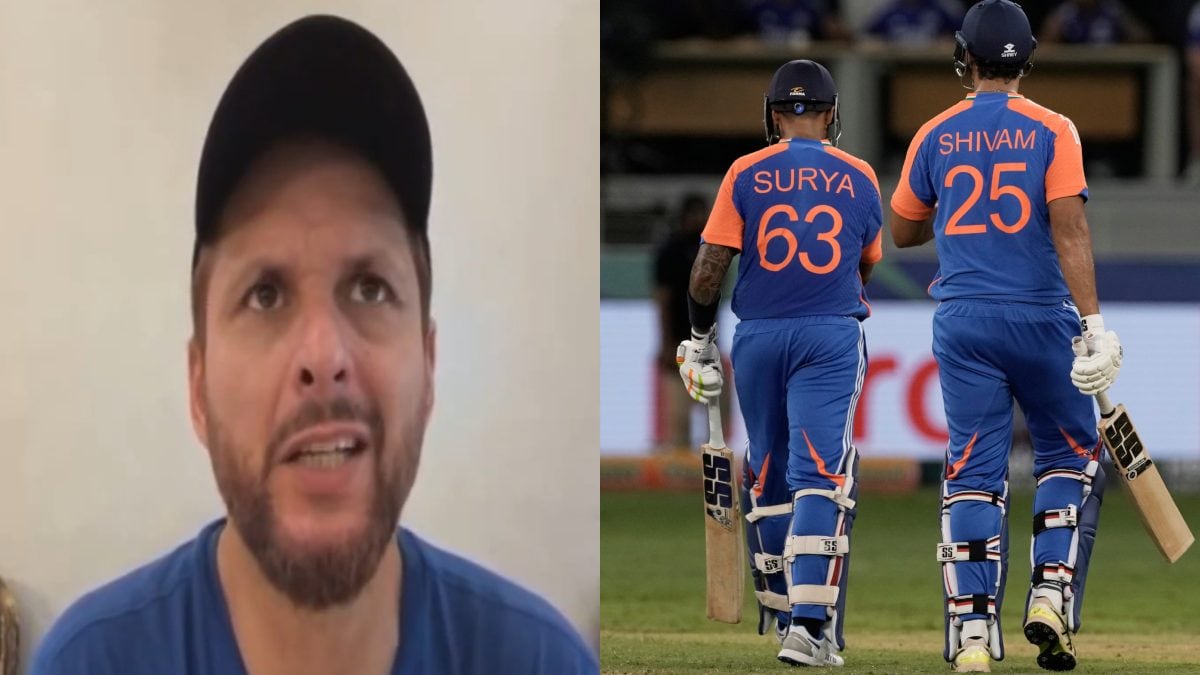

Following the recent Asia Cup 2025 match between India and Pakistan, former Pakistan captain Shahid Afridi has voiced his displeasure regarding the alleged refusal of Indian players to shake hands with their Pakistani counterparts after the game. Afridi's comments have ignited a controversy, adding fuel to the already intense rivalry between the two nations.
Afridi expressed his disappointment, suggesting that the Indian players and the Board of Control for Cricket in India (BCCI) were instructed not to engage in handshakes post-match. He criticized this behavior, emphasizing that sports should be kept separate from politics and that players are ambassadors of their respective countries. He alluded to a past incident during the World Championship of Legends where India reportedly withdrew from a semi-final match against Pakistan following the Pahalgam terror attack. He said that the Indian team's behavior was not a good message to send.
According to reports, the handshake snub occurred after India's victory over Pakistan in their Asia Cup clash in Dubai. Some suggest that the Indian players' decision was influenced by the recent terror attack in Pahalgam. Following the match, Suryakumar Yadav and Shivam Dube left the field without shaking hands.
Afridi's reaction has sparked debate among cricket fans and analysts. Some support his stance, arguing that the gesture violates the spirit of sportsmanship. Others believe that the Indian team's actions were justified given the existing political tensions and the recent terror attack.
In response to the controversy, former BCCI President Sourav Ganguly refrained from taking sides, stating that Suryakumar Yadav should be the one to answer questions about the incident. However, he did emphasize the importance of stopping terrorism worldwide. Ganguly also commented on the India-Pakistan rivalry, suggesting that India is currently far ahead of Pakistan in terms of cricket quality. He admitted to switching off the match early, anticipating a one-sided contest.
The incident has further strained the already tense relationship between the cricket boards of the two nations. Some reports indicate that the Pakistan Cricket Board (PCB) has taken the matter seriously.
The controversy has also drawn attention to the broader issue of separating sports from politics. While some argue that sports should serve as a bridge between nations, others believe that political realities cannot be ignored. The incident serves as a reminder of the complexities and sensitivities surrounding India-Pakistan relations, both on and off the field.